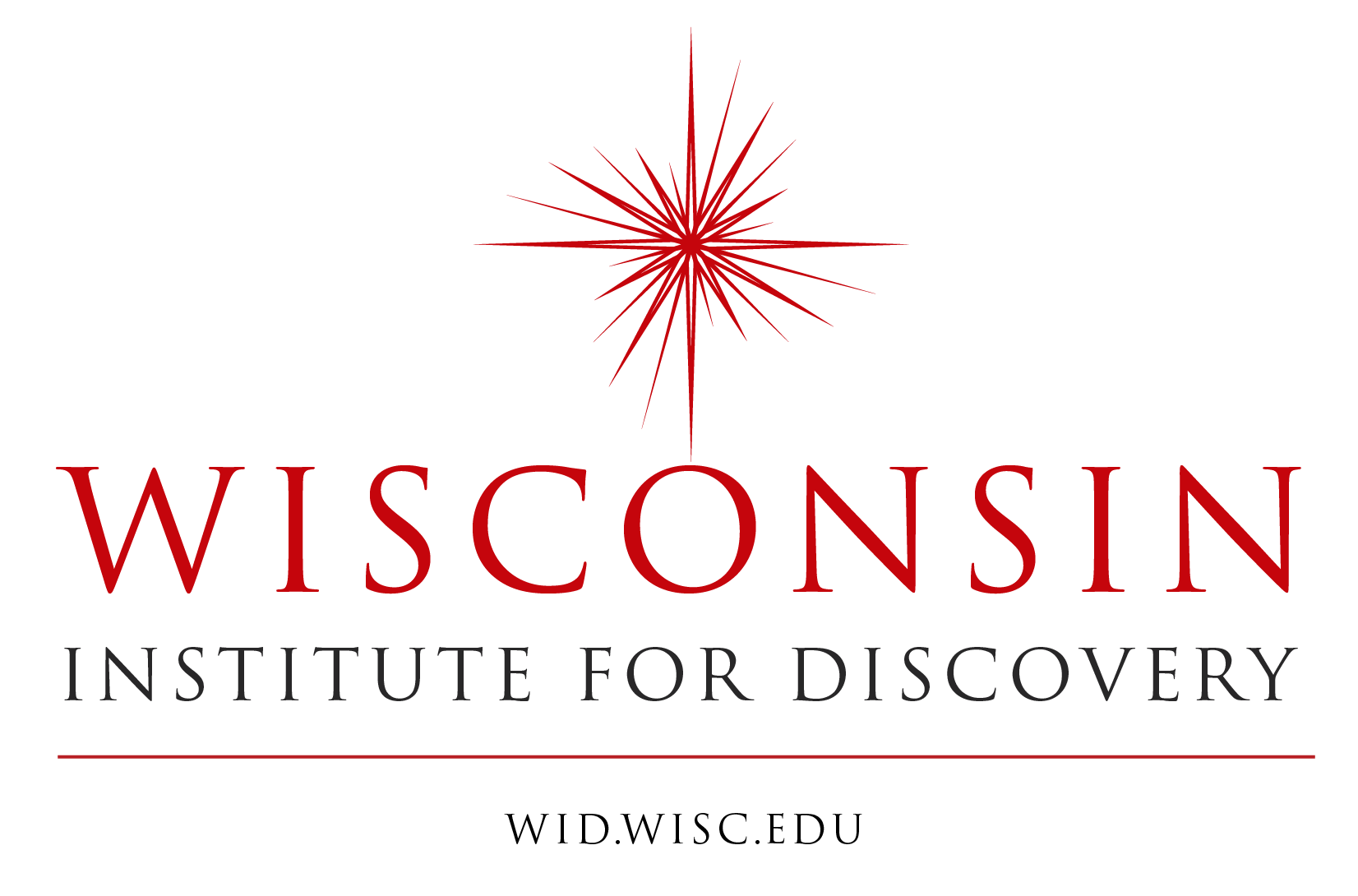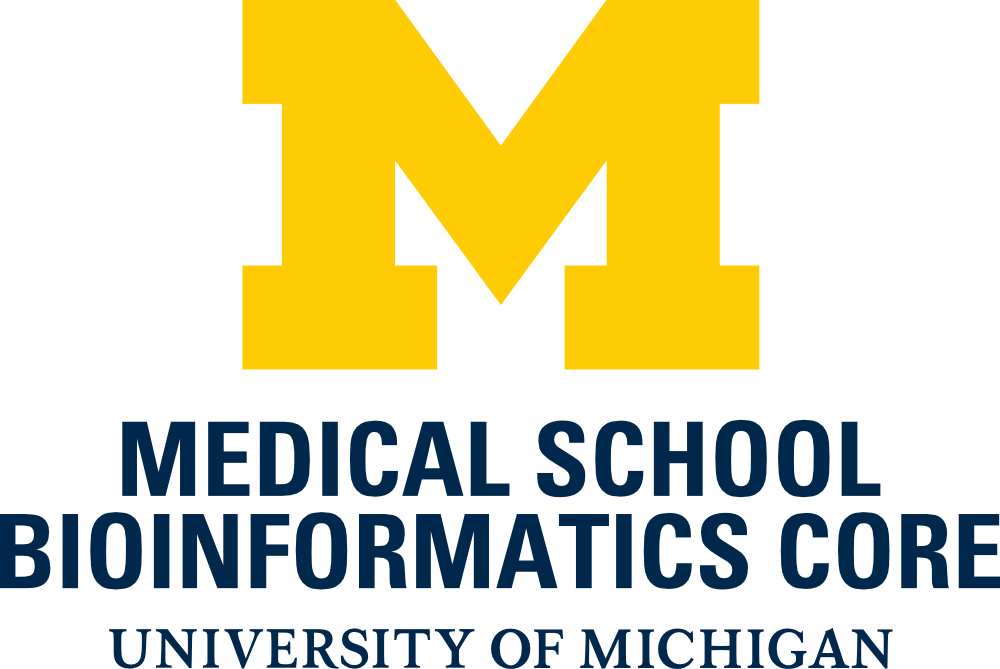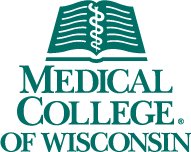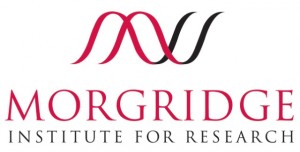SPECIAL SESSIONS
Bioinformatics Education
https://qubeshub.org/community/groups/glbioedu
The GLBIO 2019 Special Session on Bioinformatics Education seeks to create a platform for presentation and discussion on the topic of bioinformatics education broadly defined. The session will mix invited talks from leaders in bioinformatics education with contributed talks and posters from the community. The intention is to provide a broad representation of perspectives, goals, and topics engaging the bioinformatics education community. Topics of interest include but are not limited to:
- bioinformatics curriculum development for bioinformatics professionals, life scientists, healthcare professionals, K-12 students, or other communities
- Education policy and practices
- Pedagogical strategies or experiences
- Community education resources
- Outreach and diversity efforts
Case studies in bioinformatics education
The session will conclude with a Panel Discussion and Community Forum organized around the theme of identifying the aims for Bioinformatics Education community over the next five years.
Development and Application of Tools for Microbiome Studies
https://microbiome.wisc.edu/events/glbio2019/
Microbiome research is a rapidly growing area of science. Over the last decade, the number of microbiome sequencing studies has expanded enormously, exploring the intricate communities of microbes within soil, water, the built environment, and the human body, amongst others. There is a need to ensure that adequate expertise and infrastructure is in place to meet the challenge of analyzing the data generated as well as a robust and reliable framework for interpreting the data. This session will cover (1) different computational and statistical methods for analyzing microbiome data sets, and (2) investigations of microbiomes uncovering new insight into functions and dynamics.
RNA Sequence to Structure: Systems Biology of Post-TRranscriptional Gene Regulation
http://www.iupui.edu/~jangalab/rss_glbio19/
Post-transcriptional processes play a key role in eukaryotic gene regulation, yet it is not well understood how such processes contribute to the level of functional RNAs within the cell. Such regulation is orchestrated through a variety of mechanisms acting on all aspects of RNA metabolism, including pre-mRNA splicing, stability, polyadenylation, localization, editing, modification, and translation. The diversity of these mechanisms as well as the the increase in RNA-related high-throughput sequencing approaches highlight the need for research into new computational tools addressing post-transcriptional gene regulation.
This session focuses on research findings and methods related to the sequence and structure of RNA as well as its post-transcriptional gene regulation. These include but are not limited to the analysis of transcriptomics and protein-RNA interaction datasets, novel methods for interpretation of single-cell transcriptomes and approaches for RNA structure prediction. The session comprises of invited and selected talks, as well as a workshop on analyses of RNA splicing from high-throughput transcriptome-wide sequencing, and identification of protein/RNA binding sites from CLIP-seq data. The audience is expected to have a basic understanding and experience with computational biology, but not to be experts on RNA biology or the current computational and experimental approaches used in RNA research.
Precision Medicine
http://glbio19-precisionmedicine.strikingly.com/
Advances in computing have led to a data-driven revolution in biology and promise to guide progress in precision medicine. This session will explore the spectrum of challenges and opportunities in precision medicine, including genomics, electronic health record analytics, and drug discovery. Confirmed speakers apply systems approaches to disease, biomarker, and other complex trait prediction by building computational models that leverage and integrate similarity in genetic, transcriptomic and other omics-level data. The intended audience for this session includes those interested in integrative genomics, statistical modeling, machine learning, and human population genetics applications in medicine. Session organizers: Heather Wheeler (This email address is being protected from spambots. You need JavaScript enabled to view it.), Aritro Nath (This email address is being protected from spambots. You need JavaScript enabled to view it.), and Qiongshi Lu (This email address is being protected from spambots. You need JavaScript enabled to view it.).
Interactive Workshop: Mastering the Display Capabilities of the UCSC Genome Browser
https://users.soe.ucsc.edu/~kuhn/workshops/glbio2019/
As the flood of data from high-throughput sequencing threatens to overwhelm scientists with data generated within individual labs and distributed on the web, visualization becomes even more important. The UCSC Genome Browser has developed tools that assist in understanding the import of data and provides a platform to view data from multiple sources together. The endpoint of a data pipeline need not be statistical or tabular. A potent visualization tool such as the Browser can add an important dimension to data analysis.
This UCSC Genome Browser workshop will offer a tour through recent data releases and new features. New data include a pre-computed CRISPR guides track on human, mouse and other genome assemblies, a mapping of transcript-specific GTEx expression data, a Gene Interactions track which collects data from multiple curated databases and from data-mining of the literature, and gnomAD. Recently added features include multi-region mode, which allows for display of exons only or of any regions specified by the user, whether contiguous in the genome or not and Track Collections, which allows co-configuration of multiple tracks and new data formats for loading your data (interation and barChart).
The Next Step in Reproducibility: Using Docker to Make Your Own Containers
https://uw-madison-datascience.github.io/2019-05-19-glbio-docker/
This workshop aims to be the next step in reproducibility for computational biologists and will focus on using and developing software containers. We will review best practices for practicing reproducible research and teach participants how to use Docker, a popular software for containerization (which can also be used by Singularity, another commonly used containerization platform). Using containers can help overcome the many interoperability and dependency issues often encountered when distributing or installing software. Docker images used conjunction with continuous integration is considered to be a possible solution for the reproducibility crisis plaguing research at large. Similar to a Carpentries workshop, a majority of the proposed workshop will be hands-on live-coding. Workshop attendees are expected to have familiarity with the Unix shell and git/github, bring their own laptops, and follow along with the training.
Higher Understanding with Lower Dimensions: Tutorial on Dimensionality Reduction Methods for Biomedical Data
https://dimension-reduction.github.io/












